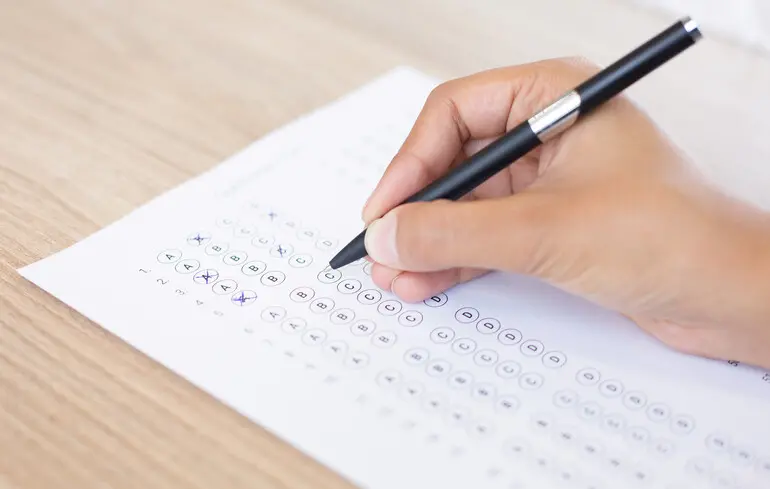Exemption from the NMT for Applicants from Frontline Regions: A New Injustice Threatening Educational Equity

The issue of waiving the mandatory National Multisubject Test (NMT) for students from frontline territories increasingly sparks controversy and discontent among educators and policymakers.
While concessions and preferential admissions by interview have long been part of the system, recent discussions revolve around exempting graduates from conflict zones from compulsory testing during the entrance campaign.
Proponents argue this step aims to preserve human capital in these regions and considers the extremely difficult conditions faced by young people preparing for tests.However, critics, including Oksana Onyschenko, editor of the Education and Science section of ZN.UA, contend that such exemptions are not supportive measures but new forms of injustice.
She emphasizes that many students from conflict zones live in dangerous environments where preparing for exams is already a challenge, and thus, exempting them from testing only exacerbates social inequalities.
Politicians like Yulia Gryshyna have introduced legislative initiatives to delay NMT for students from border regions, allowing them to gain admission through interviews first, with testing to be completed later during their studies.
The goal is to maintain the educational potential in these regions, which continue to suffer from war-related destruction.Educational experts warn that relaxing testing standards without ensuring fair and transparent procedures fosters inequality rather than bridging gaps.
In the context of mass displacement caused by the conflict, verifying a student’s residence and preparation becomes problematic, raising concerns about potential abuse and unfair advantage.
Onyschenko advocates for the government to offer opportunities for students from frontline areas to re-prepare for the NMT at state expense, in safe regions, with accommodations and stipends.
This approach, she argues, is a meaningful way to support, rather than simply bypass, genuine testing.The Ministry of Education and Science (MoES) suggests establishing a ‘zero course’ for students who did not pass the NMT, providing additional preparation and an alternative pathway to higher education.
Nevertheless, Onyschenko warns that such easing of standards risks reviving a corrupt system, where university admissions favored connections and proximity rather than merit.
She concludes that avoiding merit-based assessments undermines fairness and perpetuates inequality, especially when driven by wartime populism and political expediency.This year, nearly 290,000 individuals participated in the NMT, marking an increase of 6,000 compared to last year, with 79% being high school graduates.
Education Minister Oksen Lisovyi opposes delaying the NMT in frontline regions but supports increasing regional coefficients for universities operating under difficult circumstances, aiming to more equitably aid youth affected by the ongoing conflict.

